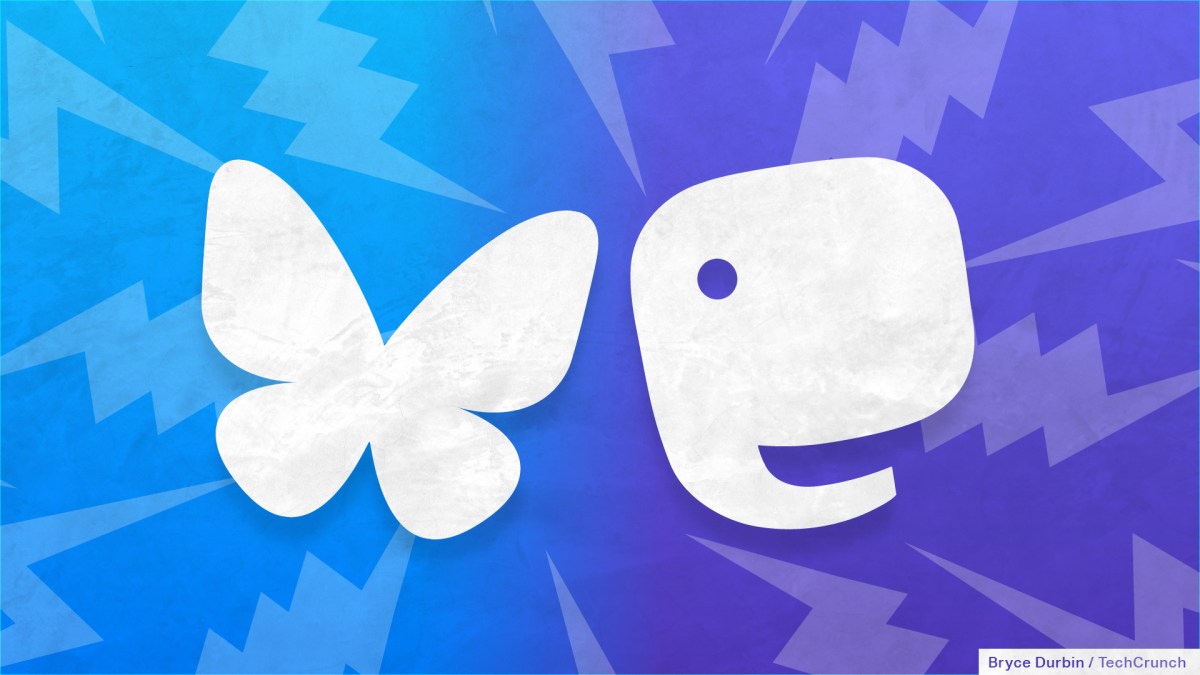

The rise of new social media platforms following Elon Musk's takeover of Twitter has not alleviated privacy concerns. Advertising revenue on the platform has declined by 55% since Musk's takeover, highlighting the ongoing challenges. Meta, formerly known as Facebook, has faced fines and settlements for its failure to protect user data, further eroding trust in social media platforms. Automated tools used by these platforms often produce discriminatory results, exacerbating privacy concerns. Privacy policies and practices are often convoluted and difficult for users to comprehend. While newer platforms like Bluesky and Mastodon offer greater privacy, there are no legal requirements for them to do so. Meta's platform, Threads, collects sensitive user data, adding to the privacy risks. Attempts to regulate data collection have been fragmented and limited, with state-level laws and individual enforcement actions driving change. The American Data Privacy and Protection Act remains in a state of uncertainty in Congress.
The post-Twitter era has led to the development of numerous social networks that prioritize brief posts. Twitter alternatives like X, Bluesky, Mastodon, and Threads have emerged. Developers are creating unified apps like Tapestry and Reeder to track social media, news, and RSS feeds in one place. Tapbots is considering supporting Bluesky. Power user tools and cross-posting solutions like Yup and Crossposter are also available. Decentralized networks and protocols like Web3, Matrix, and Nostr are fostering their own networks. The need for a social networking aggregator like FriendFeed in the Web 2.0 era is resurfacing. The growth of alternative social platforms suggests a possible shift away from dominant players like Meta. Some smaller apps are integrating with Mastodon or joining the fediverse. The social web is experiencing a surge of new platforms and protocols, with Tapestry and a new Google-like search engine being developed to navigate this new landscape.
Bluesky, a decentralized micro-blogging social platform backed by former Twitter CEO Jack Dorsey, has opened to all users and has already garnered over 4.8 million users. Decentralized social media platforms are hosted on independent servers and run on open-source software, offering more transparency and control to users. Other popular decentralized social media platforms include Mastodon, Threads, and Hive Social. The rise of decentralized social networks has been catalyzed by the increasing dissatisfaction with traditional social media platforms, particularly since Elon Musk assumed leadership of Twitter. It remains to be seen how this space will evolve and if traditional social media will undergo an overhaul.
Bluesky and Mastodon users are engaged in a conflict over how to bridge the two decentralized social networks, with some Mastodon users opposing the idea. Mastodon is an established decentralized social app with 8.7 million users, while Bluesky recently opened to the public and has 4.8 million users. Bluesky is on the verge of federating its AT Protocol, allowing anyone to set up a server and create their own social network. However, Mastodon uses a different protocol called ActivityPub, preventing native interaction between Bluesky and Mastodon users. A developer named Ryan Barrett attempted to bridge the two networks with a project called Bridgy Fed, but faced backlash from some Mastodon users. The conflict revolves around concerns about privacy and consent. Barrett decided to implement a 'discoverable opt-in' feature, requiring users to request to follow accounts from the other network. The ideological differences between Mastodon and Bluesky, as well as the involvement of Twitter co-founder Jack Dorsey in Bluesky, have also contributed to the tension. The outcome of this conflict could shape the future of decentralized social networks and their interaction with each other. [64a8a7b6]
Nootti is a new app that allows users to post to Mastodon, Nostr, and Bluesky from one interface. The app is fairly basic, but it allows users to customize each post for the different platforms. Developer Petri Kajander built Nootti to address the defragmentation of social media and the need for cross-posting tools. The app is currently a free download on the App Store, with a paid version in development. Kajander is considering supporting other networks in the future. [b9a4a9db]